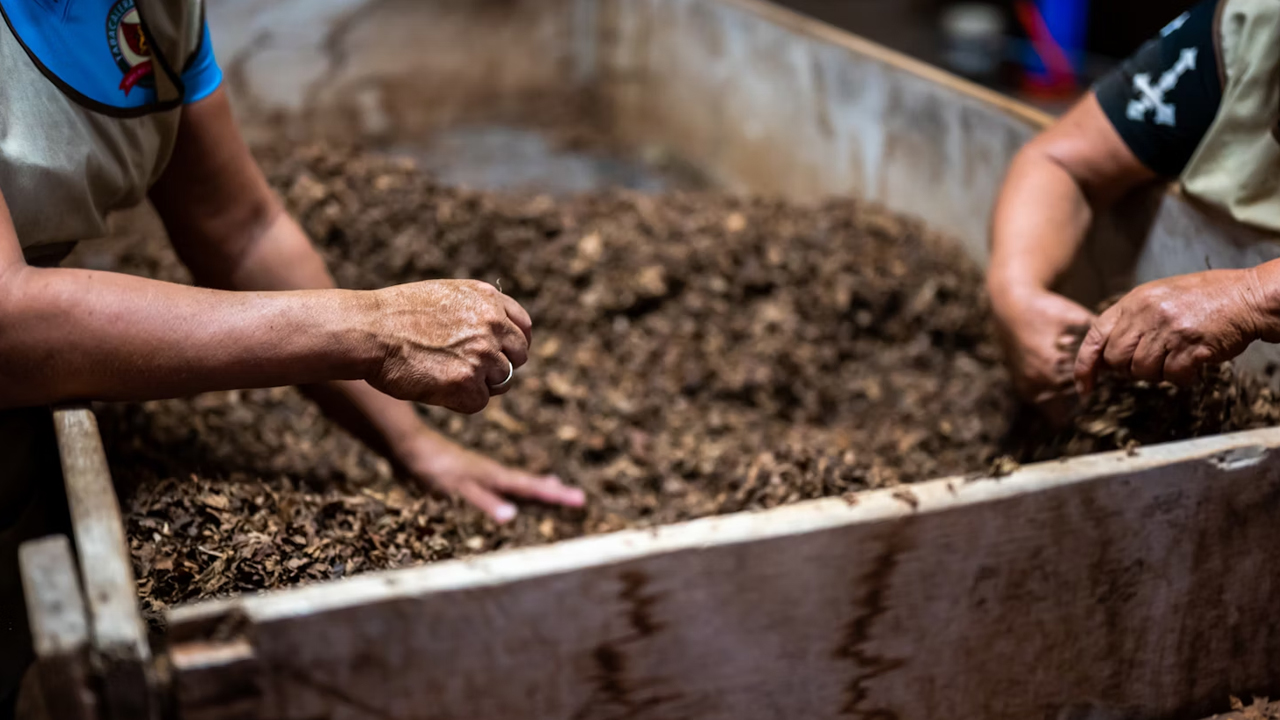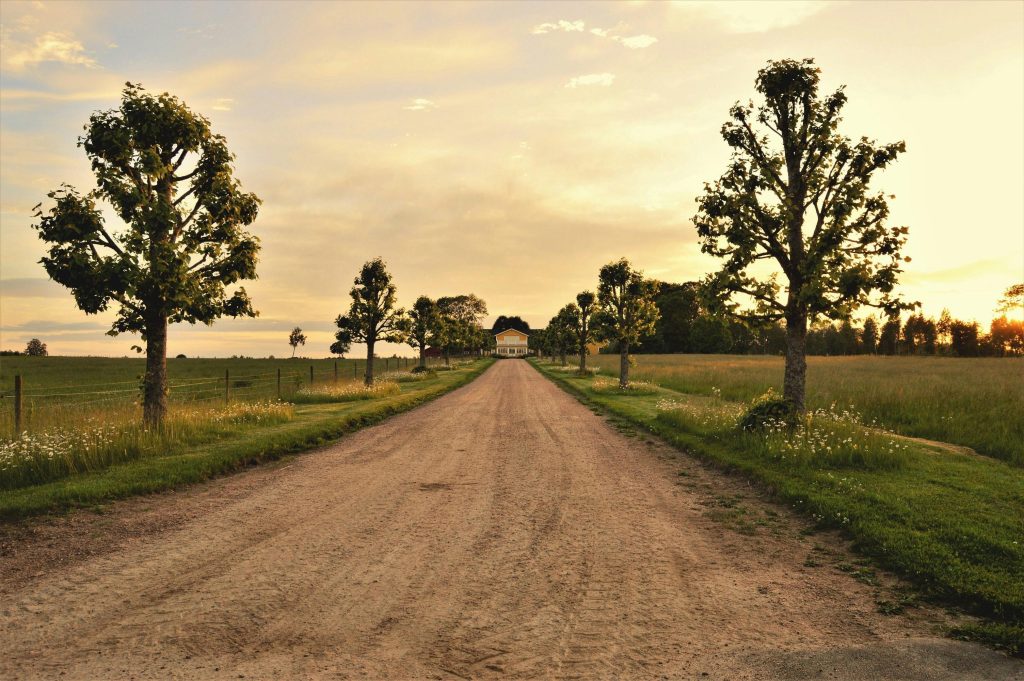Improving your soil is key to growing a healthy, thriving garden. If you want to avoid chemicals, there are many natural methods that can help you enrich your soil and support plant growth.
By using simple, chemical-free techniques, you can boost soil fertility, structure, and nutrient content without harming the environment. These approaches allow you to create a sustainable garden that nourishes your plants and keeps your soil balanced.
Add compost made from kitchen scraps and plant waste

You can improve your soil by adding compost made from kitchen scraps and plant waste. This natural fertilizer provides essential nutrients that help your plants grow stronger.
Start by collecting food scraps like vegetable peels and fruit cores. When broken down, they become rich compost that feeds soil microorganisms. For tips on making compost at home, check how to make compost at home.
Use dried leaves as mulch to slowly enrich soil

You can use dried leaves as a natural mulch to improve your soil over time. Spread a 2-4 inch layer of shredded leaves around your plants or garden beds to help retain moisture and regulate temperature.
As the leaves decompose, they add valuable organic matter, slowly enriching your soil and supporting healthy plant growth. Learn more about using leaf mulch effectively here.
Incorporate lawn grass clippings as natural fertilizer

You can use lawn grass clippings to naturally feed your soil. When left on the lawn or spread thinly in your garden, they break down quickly and return valuable nutrients.
This natural mulch also helps retain soil moisture and suppress weeds. Just make sure to apply the clippings in thin layers to avoid matting and odor. For more tips, check out how to use grass clippings as mulch.
Apply straw as a protective mulch layer

You can use straw as a mulch to protect your soil and retain moisture. Spread a few inches around the base of your plants, but avoid piling it too thickly.
Straw helps reduce weeds and keeps the soil temperature stable. Just make sure to water after applying to keep it in place and effective. Using mostly weed-free straw is best for your garden.
For more tips on using straw mulch, visit Garden Betty.
Test your soil to understand nutrient needs

You can quickly learn about your soil’s health by testing it. Simple tests help reveal its pH and nutrient levels, so you know exactly what your garden needs.
Try mixing soil with water in a jar and letting it settle to see its texture and composition. For more accuracy, consider a professional soil test to get detailed nutrient information.
Understanding your soil helps you add the right natural amendments to boost growth. See how to do a quick soil test yourself.
Grow cover crops like clover or rye in off-seasons

You can plant cover crops like clover or rye during the off-season to protect and improve your soil. These plants add organic matter and nutrients, helping your soil stay healthy.
Cover crops also prevent erosion and improve aeration. They give your soil a much-needed rest without using chemicals. Learn more about benefits of cover crops here.
Rotate crops annually to prevent nutrient depletion

You can keep your soil healthy by rotating crops each year. Different plants use and return different nutrients, so changing what you grow helps maintain balance.
For example, planting legumes after heavy feeders adds nitrogen back into the soil. This practice reduces the chance of nutrient depletion and keeps your garden productive. Learn more about effective crop rotation here.
Bury kitchen scraps for gradual soil feeding

You can improve your soil by burying kitchen scraps directly in your garden. This method feeds earthworms, which help break down the scraps into usable nutrients for your plants.
Vegetable peels like potato skins and broccoli stalks slowly release nutrients as they decompose. Over time, this gradual feeding enriches your soil without the need for chemicals.
Learn more about this approach at burying kitchen scraps directly in your garden.
Add aged manure to boost organic matter

You can improve your soil by adding aged manure, which is rich in nutrients and organic matter. It helps improve soil structure and water retention.
Make sure the manure is well aged to avoid burning your plants. You can mix it into your soil or spread it on top as mulch.
Aged manure can also be made into a liquid fertilizer by soaking it in water for a day or two before applying it to your garden. For more tips, see adding manure without digging in no-dig gardening.
Apply gypsum to improve heavy clay soil texture

If your soil is heavy clay, gypsum can help break it up. It works by improving soil structure and reducing compaction, making it easier for water to drain and roots to grow.
You can spread gypsum over your soil and gently work it in. Over time, this will make your clay soil less dense and more manageable. For more details, check how gypsum helps with clay soil texture.
Avoid rubber mulch, use natural options instead

You should avoid rubber mulch because it doesn’t break down and can harm your soil over time. Instead, choose natural mulches like pine needles, grass clippings, or leaves. These organic options help retain moisture and improve soil health as they decompose.
Using natural mulch also supports beneficial soil organisms, which keep your garden thriving. For more details on natural mulch benefits, check out this guide on mulch alternatives.
Minimize chemical fertilizer and pesticide use

You can improve your soil by cutting back on chemical fertilizers and pesticides. These chemicals can harm beneficial insects and soil life that help keep your garden healthy.
Instead, focus on organic methods like composting and crop rotation. Keeping your garden covered with mulch also supports soil health naturally. This approach helps create a balanced environment where plants thrive without harsh chemicals.


Leave a Reply